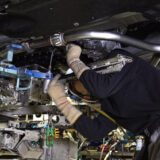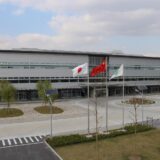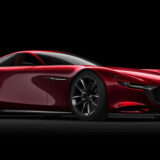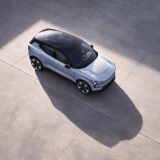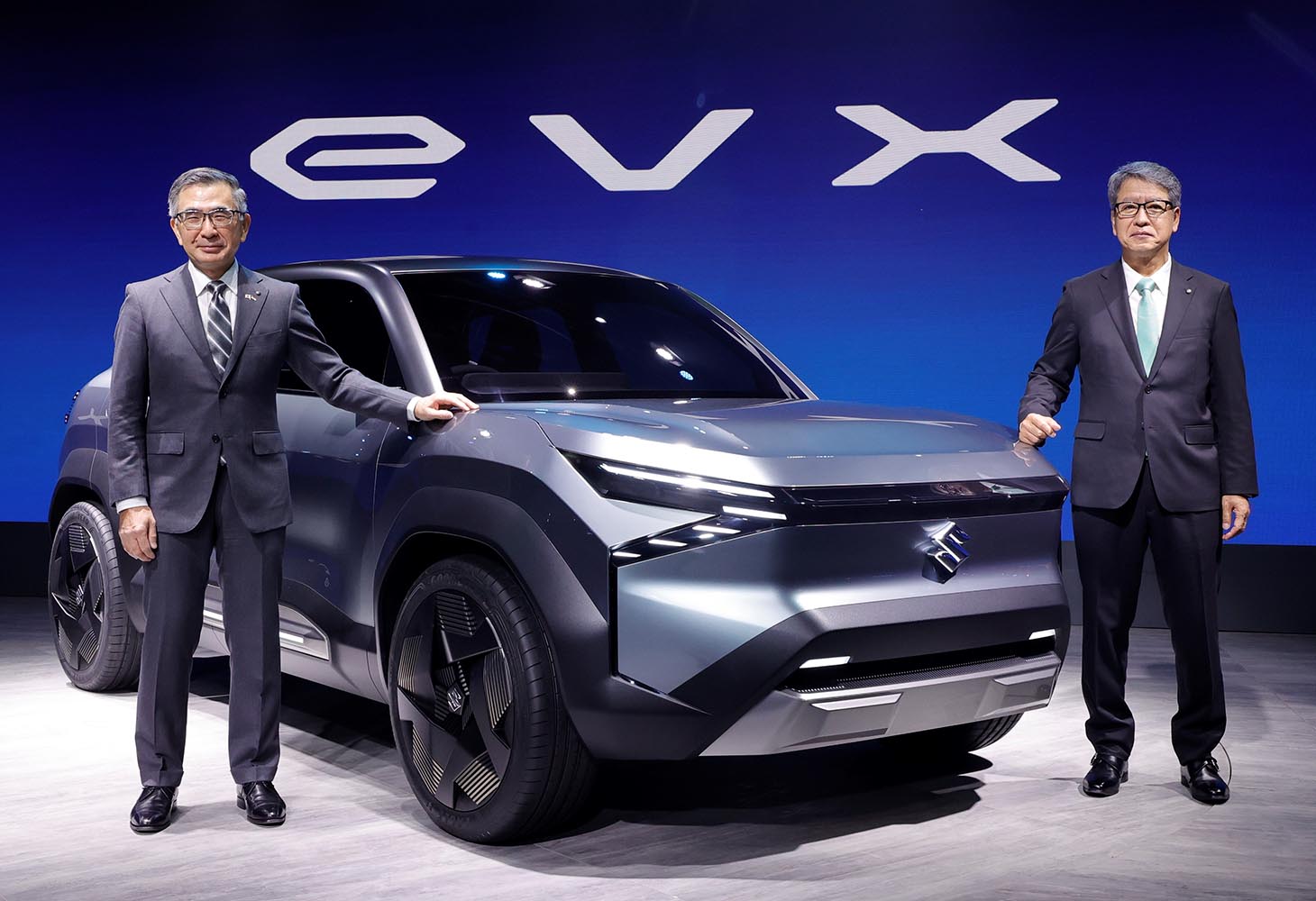
Suzuki to spend nearly half of budget on electrification by 2030
Japanese automaker Suzuki Motor Corporation, best known for its small, fuel-efficient cars and sport-utility vehicles (SUVs), as well as powerful motorcycles, said it will invest nearly half of its JPY4.5 trillion (USD34.5 billion) budget on electrification-related investments by FY2030.
JPY2 trillion (USD15.3 billion) is planned to be invested for R&D expenses in areas including carbon neutrality such as electrification and biogas, as well as autonomous vehicles. JPY2.5 trillion (USD19.2 billion) is planned to be invested for capital expenditures in facilities including construction of battery electric vehicle (BEV) battery plant and renewable energy facilities.
Based on the target date set by each government, Suzuki aims to achieve carbon neutrality in Japan and Europe by 2050 and in India by 2070. The automaker said it “will contribute to the realization of a carbon neutral society and the economic growth of emerging countries such as India, ASEAN, and Africa, with our main business regions, Japan, India, and Europe, as the core. We will focus on creating solutions that are unique to Suzuki, which are to develop products and services focused on the customer, and grow along with the operating countries and regions.”
Automobiles
In Japan, starting with the introduction of commercial mini-vehicle battery EVs in FY2023, Suzuki plans to introduce compact SUVs and passenger mini-vehicles, with six models to be launched by FY2030. In addition, the company will develop new hybrids for mini and compact vehicles, and by combining them with battery EVs, Suzuki will offer various options for our customers.
In Europe, Suzuki will introduce battery EVs in FY2024, expand to SUVs and B segments, with five models to be launched by FY2030.
In India, Suzuko will introduce the SUV battery EV announced at the Auto Expo 2023 in FY2024, with siz models to be launched by FY2030. To provide a full range of products and services, Suzuki will provide not only battery EVs but also carbon neutral internal combustion engine (ICE) vehicles that use compressed natural gas (CNG), biogas, and ethanol mixed fuels.
Motorcycles
For small and mid-sized motorcycles, which are used for daily transportation such as commuting to work, school or shopping, Suzuki will introduce a battery EV in FY2024. Suzuki plans to launch eight models by FY2030 with a battery EV ratio of 25%. For large motorcycles for leisure purposes, it is considering adopting carbon neutral fuels.
Outboard Motors
For small outboard motors that are often used in lakes and rivers, Suzuki will introduce battery EVs in FY2024. It plans to launch five models by FY2030 with a battery EV ratio of 5%. For large outboard motors used in the ocean, Suzuki is considering adopting carbon neutral fuels.
New Electric Mobility
Suzuki has proposed a variety of electric mobility options, including the electro senior vehicle, which is a new mode of transportation for people who have voluntarily returned their driver’s licenses, the KUPO, which is an evolution of the senior vehicles, and the Mobile Mover, a multi-purpose robotic dolly being developed in collaboration with M2 Labo.
Manufacturing
At the Kosai Plant, which is Suzuki’s largest production hub in Japan, efforts are made to reduce CO2 emission of painting facilities by 30% through renewal of painting facilities and improvement of painting technologies for efficient and optimal use of energy. The plant also produces green hydrogen from renewable energies including solar power generation. The hydrogen is utilized for the verification test of fuel cell transporter, which started from the end of 2022.
At the Hamamatsu Plant, which is the motorcycle production hub, through reduction of energy use and conversion into renewable energy including the expansion of solar power generation facilities, the plant will now target to achieve carbon neutrality in FY2027, earlier than its initial target of 2030. By utilizing the learnings from the Hamamatsu Plant to other plants, Suzuki will make initiatives to achieve carbon neutrality of all its domestic plants in Japan by FY2035.






